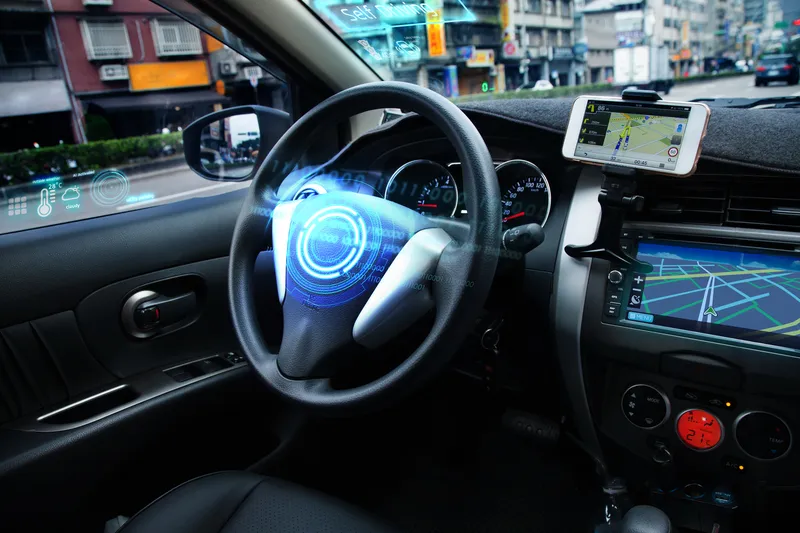
The HOURSIS server is based on two-wire Ethernet bus technology that uses a single twisted pair of wires to provide non-polar transmission of data and power. This establishes a smart and IP-based interconnection between on-site and peripheral equipment and creates an on-site Ethernet-based traffic perception and traffic control network. According to Kyland, this decentralised network architecture increases management and control efficiency while reducing energy use and maintenance costs.
HOURSIS 2025 was recently tested in the Shangdi neighbourhood of Beijing. Moving traffic management out into the field around congestion points, rather than being in a central traffic management centre, led to a 6-10% improvement in traffic flow - the equivalent of 1,000 more cars per hour.
Booth 720









